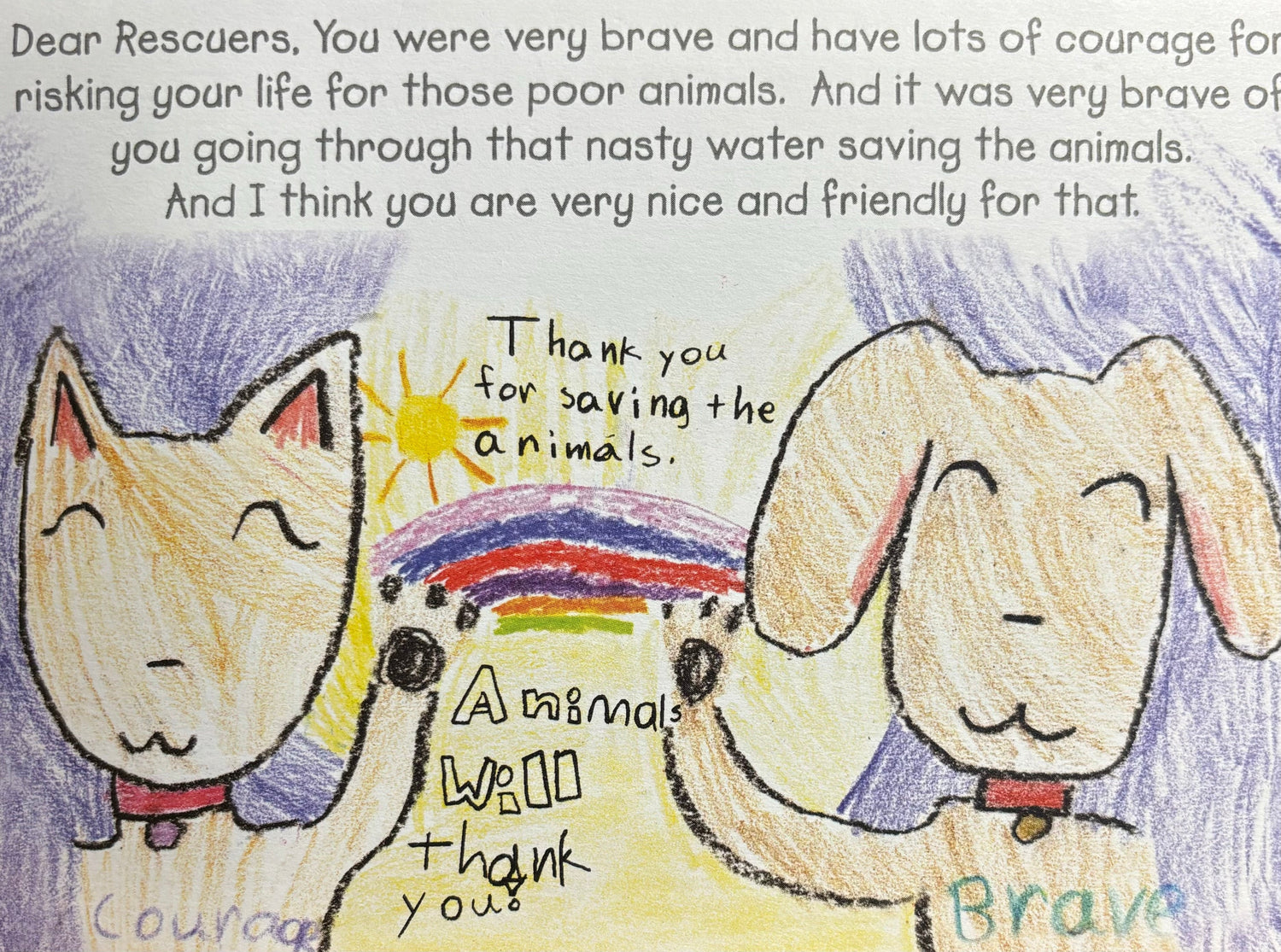Think about every Horse / Dog / Cat you’ve had or who’s had you. Your top two complaints probably boiled down to phrases like: I can’t catch him. He is aloof. He doesn’t hang out with me when he is at liberty. Or from the too-close side of life: he didn’t mean to step on my foot. It was an accident. He head-butts me because he likes me. These are signs of emotional disturbances in our companion animals and we have the herbal remedies to correct unwanted behavior.

If you look closely at the behavior and its rewards for the equine, “too far” and “too close” appear to be opposite sides of the same coin. And for all intents and purposes, they are. But the same exact essences will help these seemingly different behaviors.
Too Far - Aloof
This is probably the most disturbing to me personally. I want to be friends with my horses, whether I am with them one hour a week or am living with them. Plus a herd animal, in its perfect condition, is not separate from the others. So I go poking around, trying to discover the reason for this odd behavior. I take inventory, asking questions and ruling out physical ailments and injuries. Are they depressed? Out of sorts? Got their feelings hurt? Did anything in the herd change recently? New additions? Did someone leave? Change of status in the herd?
Bonding with a human is not the most natural act for an equine even though we have been crawling on their backs for thousands of years. In my eyes, bonding is different from dependence (for food, water, shelter) and is different from human imprinting at birth. Historically, my experience has been that imprinted horses have little emotional interaction with no respect for others’ space – human or equine. These horses tend to be pushy and/or leaners (lean on the hoof trimmer or lean on you). Is it that they don’t know how to be friends? Lack socialization from mother and herd? Whatever the cause, flower essence therapy will establish balance in these personality extremes.
The bonding I am talking about is much more about trust - simple things like not stepping on my foot EVER, not knocking me down EVER, getting me home safely EVERY TIME. These simple requests have been hard won at times on difficult, aloof horses. Those personalities seem to not be in the “here and now” and, sorry to say, that does make them dangerous. They “wake up” and over-react.
Too Close - Pushy
Bossy, domineering, insecure, and afraid - equally distressing for the caregivers, riders, and handlers - are all on the other side of the coin. In the majority of my experience, aggression is fear-based. And fearful horses are dangerous in their attempts to flee or protect themselves, and may overreact to what they fear.
Change Can and Will Happen
Bullies and victims actually benefit from the same flower essences, because the essences restore emotional balance. Somewhere in the middle of theses extremes is where a horse wants to be - a mentally, physically, and emotionally balanced member of the herd. Flower essences help him get there, and stay there. Even in the balanced horse, on any given day, change can happen, for better or for worse, in the blink of an eye. Maybe the wind blows the tarp off the hay, the farrier arrives in a bad mood, or there is an unavoidable change in the feeding schedule. Address such changes using the same essences used for chronic problems.
No Excuses
Stop giving excuses for potentially dangerous behaviors, and don’t create such bad habits in the first place. Head rubbing, for example, I call hit-and-run. It is not a sign of friendship as most would have us believe. This is no way to communicate friendship.
Case in point: I had a client with a QH/TB named Max who would go out of his way to rub his head on his human, John, who was 6’3” and 240 pounds. Max would actually pick John up off the ground and move him around. The next day, little me showed up with 2 flakes of hay in my arms. I got tossed around with the force he’d used on John. Inappropriate; bad manners; reinforced negative behavior because John considered head rubbing ‘bonding’. Truth of the matter is John was being pushed around by Max and Max treated all humans the same, until flower essence therapy showed Max that ‘pushy’ isn’t necessary and John showed Max that ‘pushy’ is not desired. John got it too – in his water! We can use the same remedies for bullies and victims alike because flower essence therapy neutralizes emotional disturbances.
Remedies
Here are the solutions for getting and keeping horses focused in the “here and now” whether working at liberty, riding, trailering or standing calmly for a practitioner.
Pine flower essence helps in becoming aware of your surroundings in a grounded, calm, accepting manner, rooted” where you are - not in a stubborn, rigid way but more about growing strong where you are planted. Dried needles are actually best. I discovered this when the stickiness got in the way of creating an essence one afternoon. Also when making Pine essential oil, dried needles are used instead of fresh. How convenient for the planet! One more thing about using Pine flower essence - observe the conscious contact the animals have with the earth after you use this essence. The stance is different. The cadence is different. This is a fun essence to observe and watch in action as the animal connects intentionally with each hoof.
Clematis flower essence is for that drifty, far-away quality. Clematis is a beautiful wispy flower of soft colors. Clematis not only helps with focus but to also take an active role in one’s life, not being a helpless bystander without capacity to make decisions. Clematis is for those in need of stimulation, enthusiasm, and purposeful living.
Cherry Plum flower essence is appropriate if they give no warning before ill behavior, act impulsively without thought of self-preservation, or do something other than fight, flight or freeze, or do all of the aforementioned all at the same time! Some do not posture, nor hesitate, nor set themselves in a stance to protect themselves in the next erratic behavior; they have no control over their behavior. Cherry plum is for composure. In A Practical Guide to Vibrational Medicine by Richard Gerber, MD, Gerber writes: “Also for those who take unnecessary risks or act rashly, without thought for possible harm they might bring to themselves.”
So when is a behavior too much?
When it exceeds acceptable interactive behavior or becomes a potential danger to others. ‘Good manners at all times’ is one acceptable guideline - no more pushing anyone around, no head rubbing because neither are acceptable. If they start with this behavior after getting their tack off, grab a cloth and clean their faces! Feel free to put a few drops of Pine, Clematis, or Cherry Plum essence on it. Being one step ahead will ensure you don’t get stepped on!









